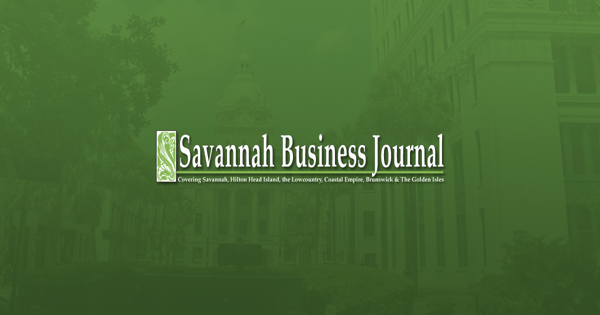- December 6, 2023
- Posted by: legaleseblogger
- Category: Related News

legal-document-to-plain-english-translator/”>Try Free Now: Legalese tool without registration
## The U.S. Small Business Administration’s $50 Billion Capital Delivery in FY 2023
On December 6, 2023, the U.S. Small Business Administration (SBA) made a significant announcement regarding its delivery of $50 billion in capital, disaster relief, and bonding to small businesses and disaster-impacted communities across America in Fiscal Year 2023 (FY23). This amount represents a substantial increase in funding compared to previous years, highlighting the agency’s continued commitment to supporting small businesses.
SBA Administrator Guzman emphasized the importance of access to capital for entrepreneurs, particularly those from historically underserved communities. She highlighted the agency’s efforts in transforming its lending and investment programs and expanding its capital partners to deliver nearly $50 billion in startup, growth, and recovery capital, as well as surety bonds. The focus on providing equitable and affordable capital to people of color, women, and veterans is a testament to the SBA’s dedication to fostering an inclusive business environment.
One of the noteworthy aspects of the SBA’s lending in FY23 was the increase in the number and value of 7(a) loans to small businesses across the country, as well as the rise in the distribution of small-dollar loans through this program. Additionally, the SBA made strides in addressing persistent gaps in capital by providing funding to entrepreneurs from underserved communities, thereby contributing to economic empowerment and growth.
The SBA’s impact was particularly significant in Georgia, where over 2,000 traditional loans and microloans were approved, totaling nearly $1.4 billion in funding to small businesses. These numbers demonstrate the tangible support provided by the SBA to bolster economic development and entrepreneurship in the state.
In this context, the AI legalese decoder can play a crucial role in helping small businesses navigate the complex legal and regulatory requirements associated with obtaining SBA loans and other forms of financial assistance. By using advanced AI technology, the legalese decoder can analyze and interpret legal documents, contracts, and regulations, providing small business owners with clear and accessible explanations of complex legal terminology and requirements. This can be invaluable in empowering entrepreneurs to make informed decisions and ensure compliance with SBA regulations, ultimately facilitating the smooth and efficient utilization of SBA funding.
Furthermore, the breakdown of the FY23 SBA capital access program highlights the varied lending activities undertaken by the agency, including the 7(a) Loan Program, 504 Loan Program, Microloan Program, Surety Bond Guarantees, and Small Business Investment Company financing. Each of these programs plays a critical role in supporting small businesses at different stages of their development, underscoring the multifaceted approach adopted by the SBA to cater to diverse funding needs.
Overall, the SBA’s robust lending activities in FY23 reflect its commitment to fostering a vibrant entrepreneurial ecosystem and driving economic growth across the nation. By leveraging advanced AI tools such as the legalese decoder, small businesses can enhance their understanding of legal complexities related to SBA funding and empower themselves to make informed decisions for sustainable growth and success.
legal-document-to-plain-english-translator/”>Try Free Now: Legalese tool without registration

 ****** just grabbed a
****** just grabbed a
Cool stuff!.
This is what I see in your post
What a fantastic initiative by the U.S. Small Business Administration! Their increased funding and focus on providing equitable capital to underserved communities is commendable. The legalese decoder will be a valuable tool in navigating complex legal requirements and ensuring smooth utilization of SBA funding.
Ely Shemer